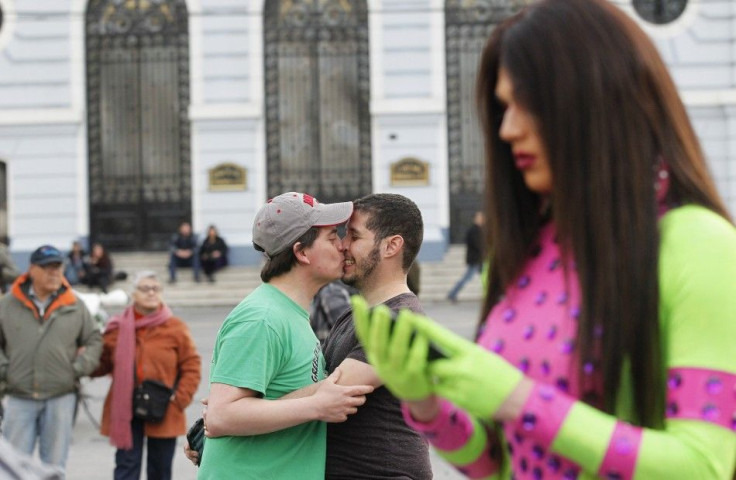Russia Terminates Student Exchange Program with US on ‘Gay’ Relations

The student exchange program between the United States and Russia has been terminated after a Russian teen stayed behind in the U.S. because he got adopted by a gay couple.
Pavel Astakhov, Russia's child-protection ombudsman, said Washington violated the terms of their Future Leaders Exchange Program (FLEX) when it allowed an American homosexual couple to adopt the boy. Astakhov said there could be no legal grounds for the boy's adoption since his mother is in Russia and just waiting for his return.
Under the program, Russian high school students go to U.S. for one academic year to live with a middle-class American host family while studying in a high school. The development over the Russian teen's adoption conflicts the standards of the program.
Konstantin Dolgov, Special Representative for Human Rights of Russia's Ministry of Foreign Affairs, said what occurred was the student was subjected to the legislature of American states, where it illegally allowed minors to decide for themselves without their parents' permission.
"There is nothing wrong with international exchange programs ... until they violate the rules," Astakhov explained in a statement. He added the child comes from a decent family and is likewise healthy. Based on these, he said Russia finds it illogical what arguments guided the U.S. to push the adoption of the teen.
Reports from Russian media said the boy had been a victim of "gay conspiracy," "seduced" by a "pair of old homosexuals" he met at church. Russian state news agency Itar-Tass reported offered to become the boy's immigration sponsors as well as pay for his higher studies at Harvard University.
"Under their influence and with the permission of his American host family, the young Russian turned himself into U.S. immigration authorities and asked for asylum, saying that he was gay," Itar-Tass reported. The student is currently placed in a "traditional home stay" in the U.S.
When students refuse to leave after their participation in the program has ended, it then becomes an "immigration-naturalisation issue" where the U.S. government needs to act, the Guardian quoted David Patton, executive vice-president of American Councils for International Education, which administers the Flex program.
He said of the 8,000 participants of the two-decade old program, those who didn't return to Russia were only at less than 1 per cent. "But human beings are human beings and can't always be controlled and there are occasions when people decide to stay," Patton said. "At that point we are unable, we have no authority to put them on a plane."





















